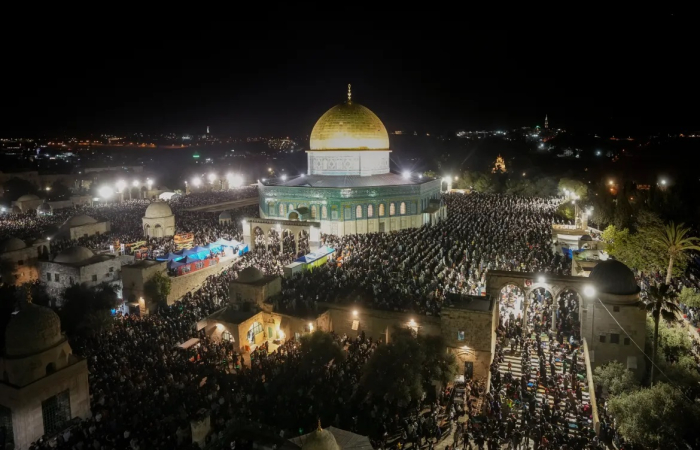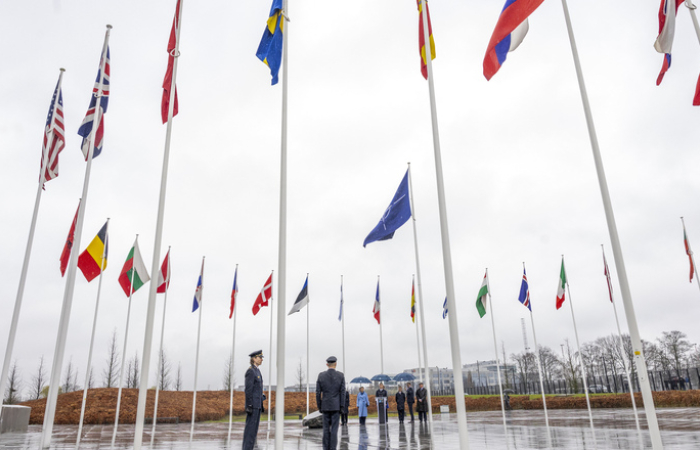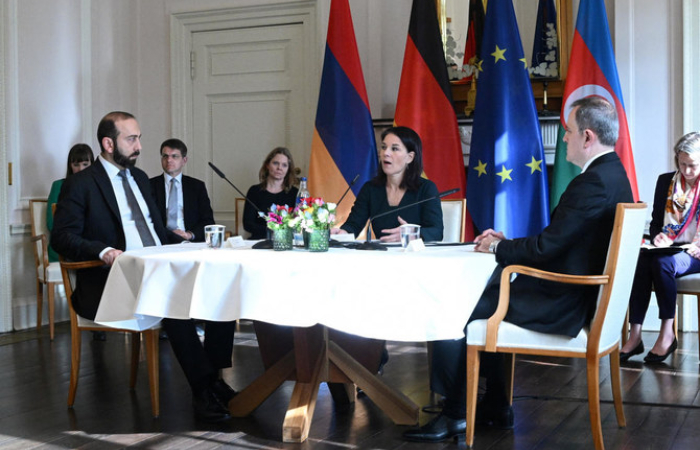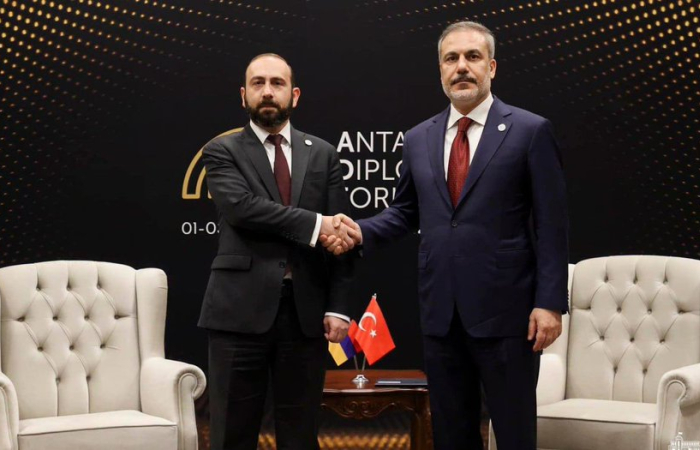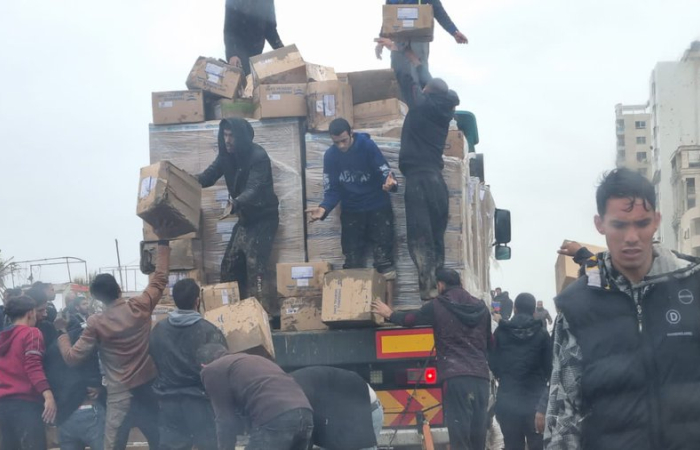Trending
Sombre mood across the Islamic world as Muslims think of Gaza at the start of Ramadan
11 March 2024
Muslims round the world today marked the first day of fasting at the start of the Islamic Holy month of Ramadan in a sombre mood, as communities reflected on the suffering of the Palestinian people in Gaza.
In Gaza the population is on the verge of starvation, and in other Palestinian territories the shadow of war is not far away either, with tensions high in East Jerusalem.
Thousands of Israeli police have been deployed around the narrow streets of the Old City in Jerusalem, where tens of thousands of worshippers are expected every day at the Al Aqsa mosque compound, one of the holiest sites in Islam.
Israel's relentless campaign in Gaza has caused increasing alarm across the world as the growing risk of famine threatens to add to a death toll that has already passed 31,000. In the ruins of Gaza itself, where half the 2.3 million population is squeezed into the southern city of Rafah, many living under plastic tents and facing a severe shortage of food, the mood was correspondingly sombre.
"We made no preparations to welcome Ramadan because we have been fasting for five months now," said Maha, a mother of five, who would normally have filled her home with decorations and stocked her refrigerator with supplies for the evening Iftar celebrations when people break their fast.
"There is no food, we only have some canned food and rice, most of the food items are being sold for imaginary high prices," she said via chat app from Rafah, where she is sheltering with her family.



